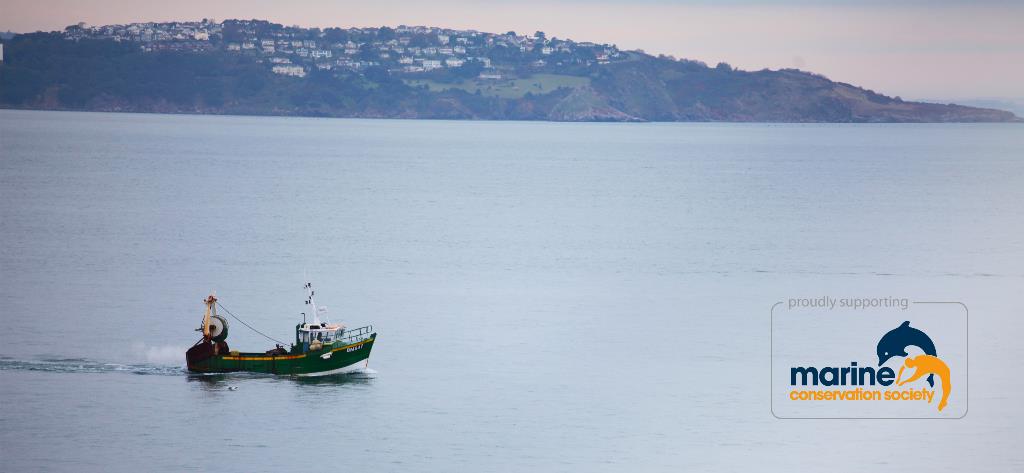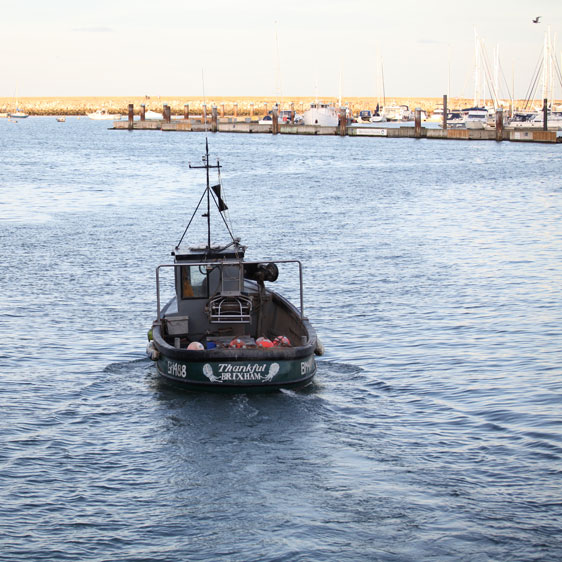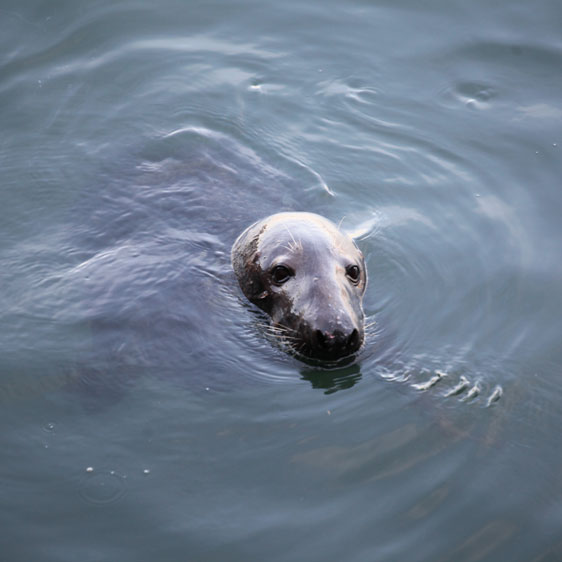We asked our friends at the Marine Conservation Society (MCS) how to live without single-use plastic. Some areas of our ocean contain six times more microplastics than plankton, and plastics are some of the most long-lasting materials in existence. Together, let’s make the small sustainable switches that can have a big difference.
Save our seas and cut down on single-use plastic

“Our seas face a wide range of threats. Climate change, pollution, habitat and biodiversity loss are all impacting our seas; plus 90% of global fish stocks are either fully or over-exploited. Destructive fishing practices are damaging sensitive habitats and accidentally catching other marine wildlife such as seabirds and turtles. Fish farming (aquaculture) is rapidly expanding to meet increasing demand for seafood, but if this is done badly it can also damage the environment in which it operates. All these factors combined mean that urgent action is needed to restore the health of our seas.” – MCS
- Grow your own salad and herbs
- Use soap bars instead of hand wash
- Take a reusable bag to the shops
- Use your own containers at the meat, cheese and fish counters
- Say no to plastic straws
- Get a reusable water bottle and coffee cup
- Have a packed lunch


With the Marine Conservation Society at our side, we're sourcing more seafood from responsibly managed fisheries. MCS have developed the Good Fish Guide ratings to help you choose the most sustainable fish. We aim to source 1–3 rated seafood and will never source 5 rated seafood. Choosing to buy fish that’s in season and from sustainable sources are easy ways to go green. Explore our fantastically fresh and sustainably-sourced catch.

Back to top

